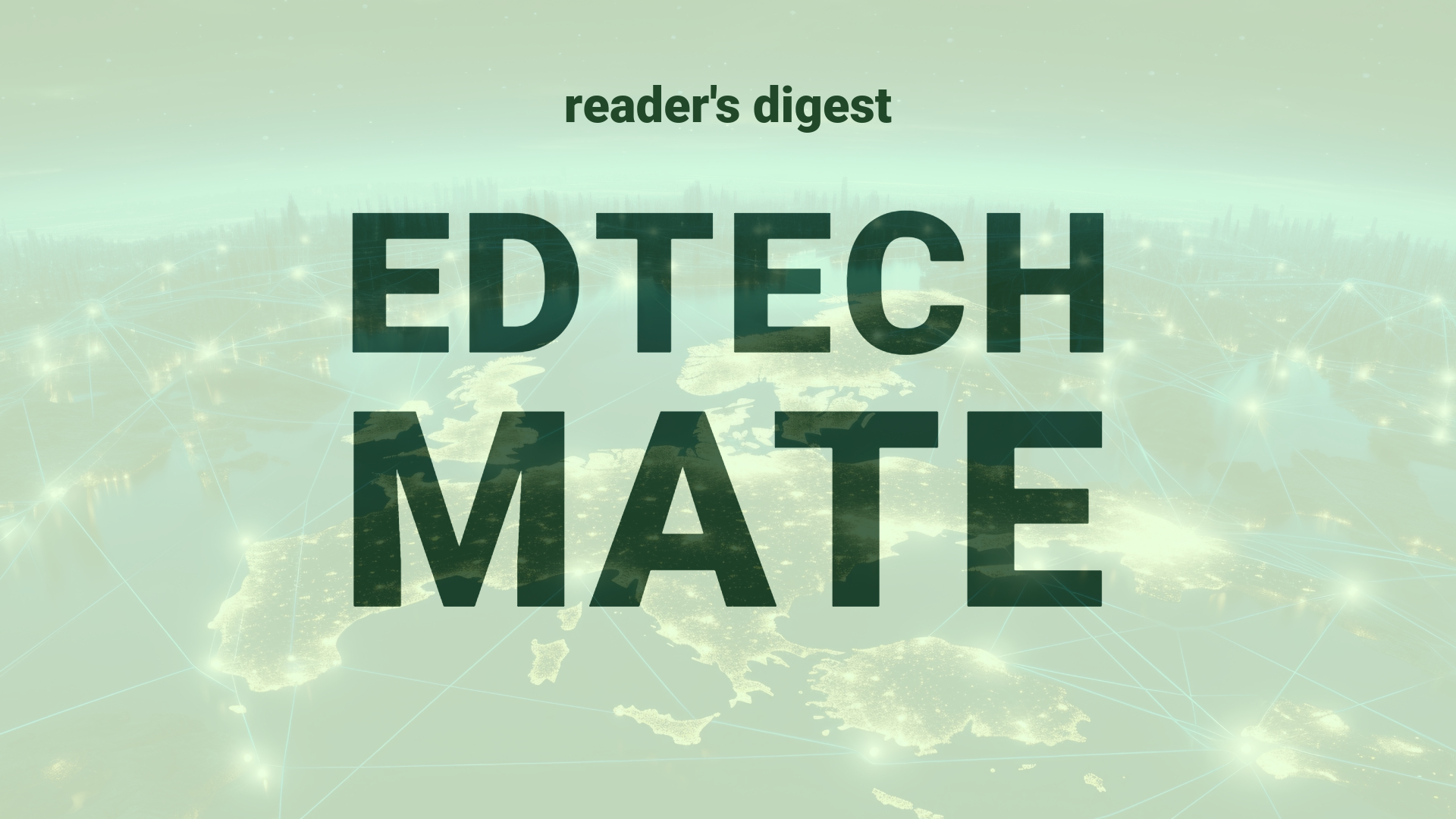“`html
Executive Summary and Main Points
The U.S. Department of Justice’s antitrust lawsuit against Apple centers on the tech giant’s “walled garden” model and its alleged monopolistic practices with the iPhone’s ecosystem. This case comes in light of Apple’s significant smartphone market share and its potential impact on competition and regulation. The legal process, which may involve extensive discovery, depositions of high-profile executives, and potential remedies that could reshape the industry, is expected to be a protracted one, with trials possibly not starting until 2025 and appeals prolonging until 2027. The outcome could lead to structural changes within Apple and set new precedents for antitrust laws in the technology sector.
Potential Impact in the Education Sector
In the Further Education and Higher Education realms, this litigation could influence digital infrastructure and platforms used for facilitating learning, emphasizing the need for competitive practices. Micro-credentials might see a shift towards more diverse providers and platforms, reducing reliance on single ecosystems. Institutions may look for strategic partnerships that prioritize openness and accessibility, steering away from potential monopolistic dependencies. Lastly, digitalization strategies could be reconsidered towards more flexible, interoperable systems.
Potential Applicability in the Education Sector
The legal scrutiny of Apple’s ecosystem may prompt higher education to explore AI and digital tools that foster collaborative learning environments and decentralized platforms. Tech solutions supporting open educational resources (OER) and accessible educational technologies could see increased adoption. This case could incentivize a transformative shift towards diversifying the digital solutions used across global education systems, encouraging a competitive marketplace for educational apps and services that foster innovation in teaching and learning.
Criticism and Potential Shortfalls
Criticisms of the antitrust case may arise, focusing on the potential disruption to stable educational ecosystems and user experiences that many have come to rely on. Ethical and cultural implications include concerns about data privacy, security, and unequal access to technology. International case studies such as the European Union’s previous regulatory actions against tech giants may offer insights into the effectiveness of potential remedies and the trade-offs involved. Educational stakeholders must weigh these considerations against the benefits of increased competition and innovation.
Actionable Recommendations
Strategically, education leaders can proactively diversify their technology portfolios to reduce reliance on single providers. It would be prudent to identify and pilot alternative digital platforms and tools that align with open standards and interoperable frameworks. Investing in staff training to manage transitions smoothly and preparing contingency plans for potential shifts in the tech landscape are also recommended. Moreover, an international education leadership community should advocate for regulations that support a competitive and innovative market, crucial for the dynamic evolution of educational technologies.
“`
Source article: https://www.cnbc.com/2024/03/22/apple-doj-antitrust-suit-company-faces-years-of-distraction.html

